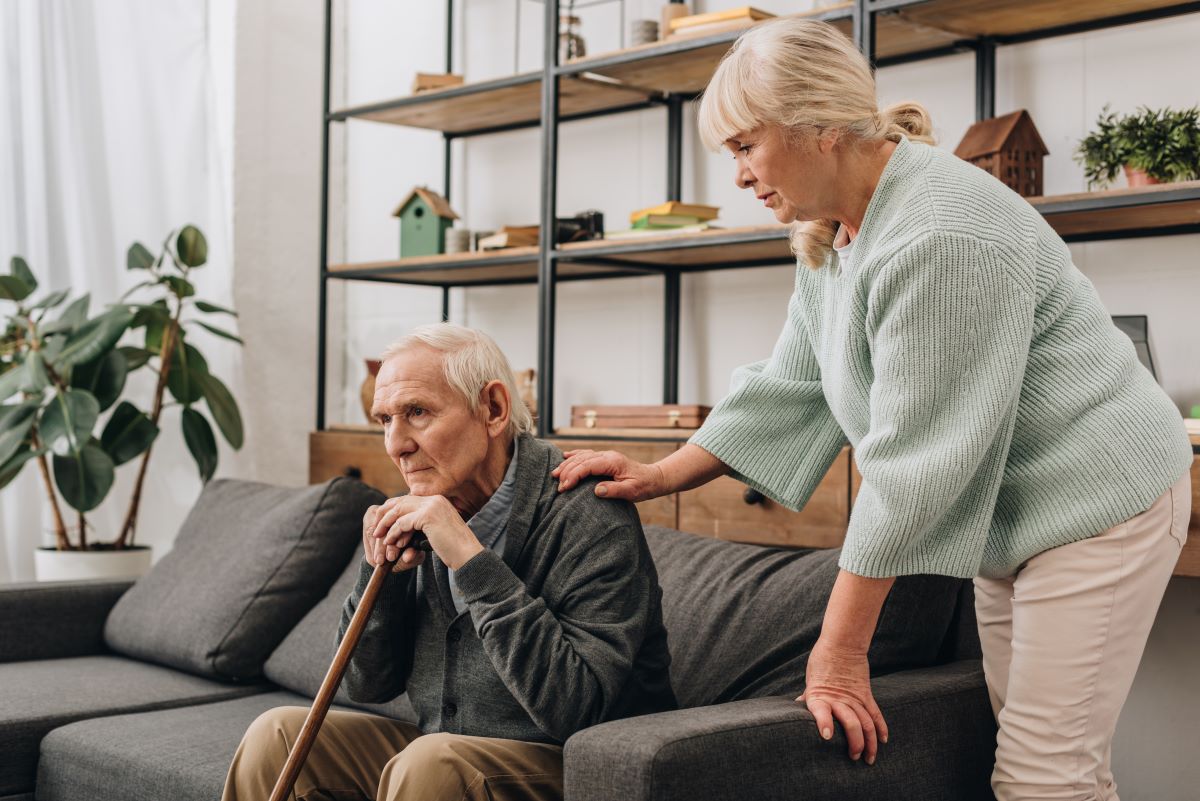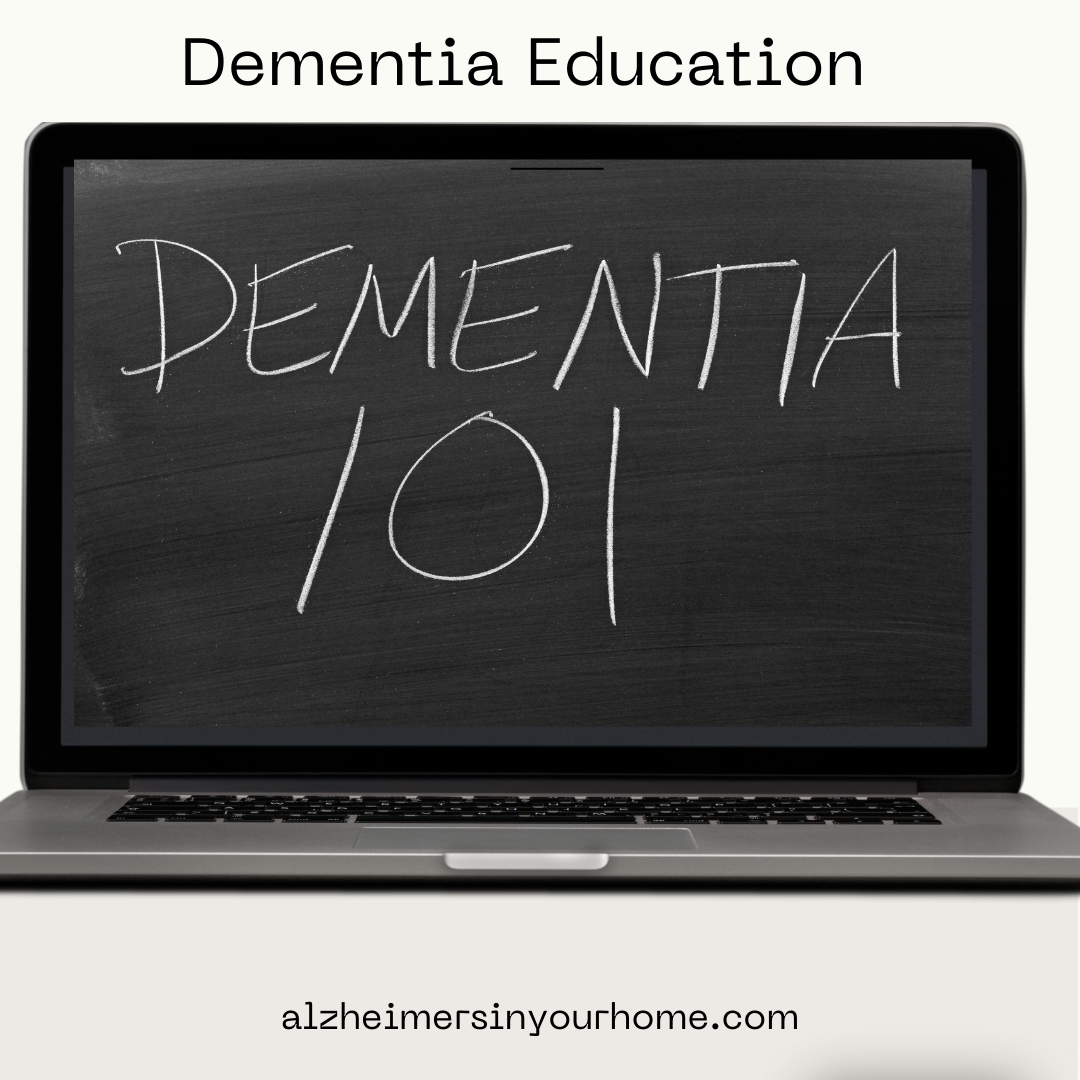Caring for a loved one with dementia is both rewarding and challenging. One common yet often misunderstood symptom caregivers face is apathy—a lack of interest, motivation, or emotional responsiveness. While it can feel discouraging to witness, understanding why apathy occurs and how to manage it can make a significant difference in your loved one’s well-being.
In this blog, we’ll explore what apathy is, why it happens in dementia, and share practical strategies to help. With the right approach, you can create moments of connection, bring back some joy, and improve the quality of life for both you and your loved one.

What Is Apathy in Dementia and Why Does It Matter?
Why does it matter? Apathy can significantly impact a person’s overall emotional and cognitive health. Without understanding this symptom, caregivers might feel frustrated or confused. But with the right tools and strategies, you can address apathy and meet your loved one’s needs more effectively.
What Causes Dementia Apathy
Apathy in dementia can stem from a variety of factors, including changes in the brain, physical discomfort, and environmental triggers. Let’s break it down:




Practical Strategies to Manage Dementia Apathy

Establish a Routine:
A predictable daily schedule provides stability and reduces confusion. Include regular times for meals, rest, and activities. Routines offer a sense of purpose and help lessen anxiety.

Simplify Tasks:
Break activities into smaller, manageable steps. For example, instead of asking them to “get dressed,” say, “Let’s put on your shirt first.” This makes tasks less overwhelming and more achievable.

Offer Choices:
Give your loved one simple options, like choosing between two outfits when getting dressed or deciding whether to take a walk or listen to music. This helps them feel more independent and in control.


Encourage Social Interaction:
Invite family and friends over, or participate in group activities designed for individuals with dementia. Even short conversations or quiet time together can make a big difference in their emotional well-being.

Provide Sensory Stimulation:
Introduce soothing experiences like listening to favorite songs, holding soft fabrics, or smelling familiar scents. These small moments of sensory connection can bring comfort and joy.

Seek Professional Support:
The Key to Successful Caregiving: Patience and Self-Care

Practice Patience:
Apathy isn’t something your loved one chooses—it’s a symptom of their condition. Give them extra time to process, respond, and participate at their own pace. Pressuring them will only cause frustration or withdrawal.
For tips to help build your patience, check out my article How to Develop More Patience for simple strategies to navigate challenging caregiving moments.

Take Breaks:
Don’t try to do it all alone. It is vital to take breaks and recharge yourself to prevent caregiver burnout. Reach out to family or friends for help, use respite care services, or join a support group. Short breaks can recharge your energy and improve your emotional resilience.

Educate Yourself:
The more you know about dementia and its symptoms, the better prepared you’ll be. Consider taking my Understanding Dementia Course to learn more about managing apathy and other challenges.

Seek Emotional Support:
Caring for someone with dementia can feel lonely. Join a caregiver support group or connect with a counselor to share your experiences and get encouragement from others on a similar journey.
Conclusion:
Apathy is a common but manageable symptom of dementia. By understanding its causes and implementing strategies like maintaining a routine, simplifying tasks, and encouraging social interaction, you can help your loved one stay engaged and connected.
Remember, your care and compassion make a profound difference. And don’t forget to prioritize your own well-being—self-care isn’t selfish, it’s essential. For more tips and resources, check out my blog and support materials to guide you on this journey. Together, we can navigate dementia caregiving with patience and love.








